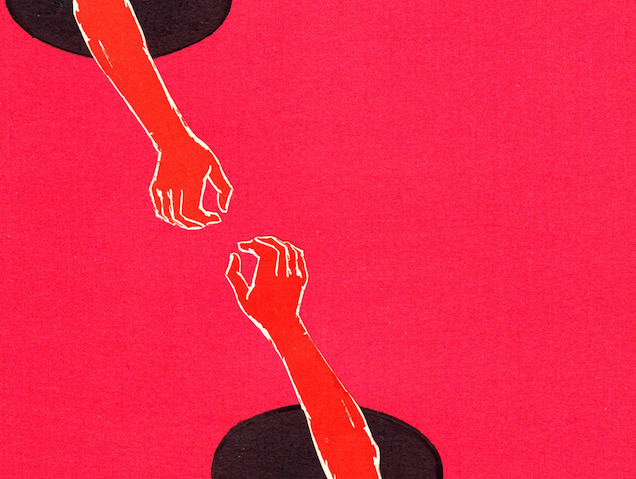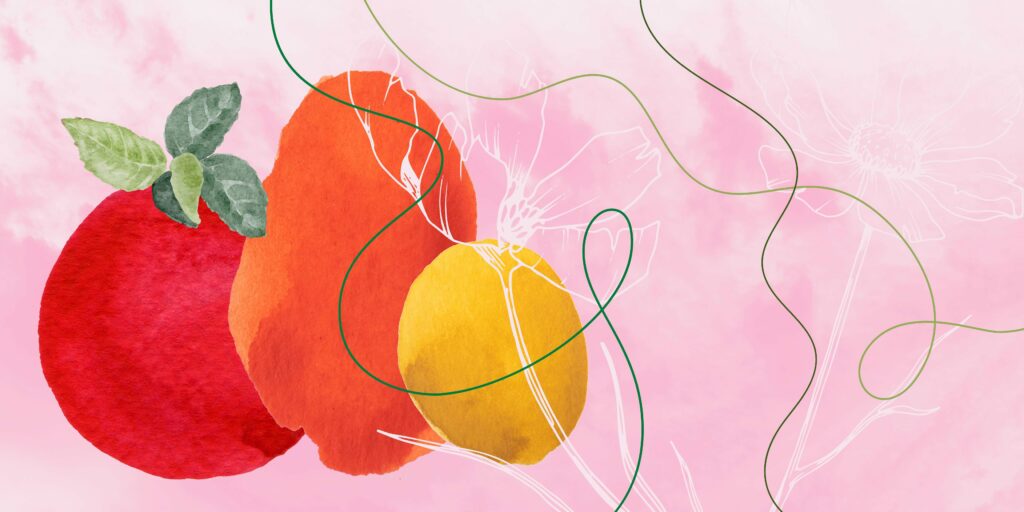Muslim Ban CliffsNotes, honoring the late, great Bharati Mukherjee, why Fred Korematsu’s story still matters today, and more.

February 3, 2017
It’s been a long week, and an even longer month, but we’re here for you with essays, guidebooks, and reviews for this weekend, when we all (hopefully) will get to sit back, relax, and read.
Fred Korematsu: Why His Story Still Matters Today in Al Jazeera
On Monday, Google celebrated the legacy of Fred Korematsu, the man who defied FDR’s Executive Order 9066, which forcibly interned Japanese Americans during WWII. Korematsu, who went into hiding, was later arrested and ended up fighting his case all the way up the Supreme Court. His story, and his fight for his rights as a citizen, hold particular relevance for this country today.
“Fear is ignorance,” said Karen [Korematsu, his daughter]. “We continue to be a land of immigrants. That’s what America means to the world. If we don’t set the right example, we can’t expect the world to follow suit – especially when we are talking about civil and human rights. As my father said, and I say, this isn’t just a Japanese American story. This is an American story.”
Open Call for Submissions from Muslim Writers
A group of literary agents have put out an open call for book submissions from Muslim Writers.
Literary agents are in a unique position to help contribute to bringing more empathy, compassion, understanding and tolerance into this world through books. We seek out unheard voices so that others can hear them.We are a group of literary agents having an open call for book submissions by Muslim writers. We all agree that the current political climate demands a need for a greater presence of authors of Muslim heritage in the book marketplace. We are taking action to help make that happen.
Please Keep Your American Flags off my Hijab by JooJoo Azad
Shepard Fairey’s illustration of a Muslim woman wearing an American flag patterned hijab has been posted on Twitter and carried by protesters in the streets. It’s an image that critiques Islamophobia, but one Muslim woman writer has a problem with it’s nationalistic message.
How are we able to hold up signs of Muslim women wearing the American flag and chant slogans of supposed solidarity while drones carrying the same flag killed our Muslim family in Yemen at the exact same moment and we said nothing? While the women’s march was making history, the new administration was already repeating it. Did you even know that Trump has already administered drone strikes? You were not supposed to know. You are only supposed to hold our silent faces wrapped in the cloth that has suffocated our voices.
The Anti Black Ass Roots of America’s Islamophobia by Nessa
On how the history of Islamophobia in America didn’t just begin with 9/11, but with slavery.
Black American history needs to be understood not just as belonging, but as a foundation of an identity that ultimately began with the subjugation and oppression of African Muslims woven into the original drafts of this nation. Black Americans cultivated Islam within this country and faced persecution that we see recreated today. When the dissonance is conquered, and the American Muslim identity is fully acknowledged as being birthed into the hands of people cradling their children in sun worn scraps of tradition, swaddled in resilience, and nursed through protests, then we will fully understand what it means to say the first Muslims in America were Black.
American Dreamer by Bharati Mukherjee
Bharati Mukherjee, the author of the classic Asian American novel Jasmine, passed away at the age of 76 this week. Her essay on grappling with her identity as an Indian American in her writing was published 20 years ago, but still remains relevant to our times.
We need to discourage the retention of cultural memory if the aim of that retention is cultural balkanization. We must think of American culture and nationhood as a constantly re-forming, transmogrifying “we.” In this age of diasporas, one’s biological identity may not be one’s only identity. Erosions and accretions come with the act of emigration. The experience of cutting myself off from a biological homeland and settling in an adopted homeland that is not always welcoming to its dark-complexioned citizens has tested me as a person, and made me the writer I am today.
Thirst Trap: Desperation in Kaveh Akbar’s Portrait of the Alcoholic by Michelle Betters
In Ploughshares, Michelle Betters reviews Iranian American poet Kaveh Akbar’s new chapbook, Portrait of the Alcoholic, and how Akbar’s poems tied into her own personal experiences with addiction.
In Portrait of the Alcoholic, these moments of desperation aren’t interpreted as much as recalled or replayed; each portrait depicts a collision of dependencies, languages, and memories. Unfortunately, desperation doesn’t always lead to understanding. But Akbar’s work succeeds, in the words of Christopher Nelson, through what it “renders three-dimensional.” By recalling these moments of desperation and simply making them visible, the poet transforms them into something that might just be understandable.
Anti-Trump Resources
Here is a useful google doc that has the official statements of US politicians on the Muslim Ban.
Be sure to check out Take Action, a website with listings of protests, organizing trainings, demonstrations and workshops that are going on in New York.
Here are 26 ways to be in the struggle beyond the streets.
The writers at Muslim Girl have put together a comprehensive guide to Donald Trump’s recent executive order, including a breakdown of legal terms, what your rights as an immigrant are and useful ways to fight back.



